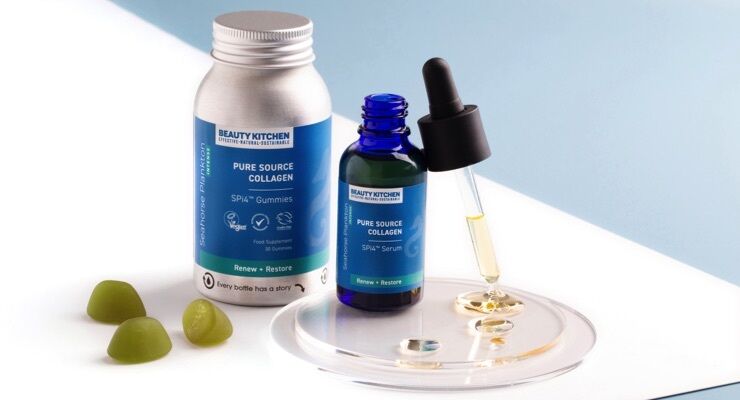- Unveiling Socialmediagirls Forums: Your Gateway to Social Media Success and Support
- The Ultimate Guide to UCO Apartments in Edmond, Oklahoma
- Satisfy Your Cravings: Traditional Asian Food at Its Best
- Volvo Cars core operating profits rise in first quarter on higher retail sales
- Holistic Anti-Aging Products : Pure Source Collagen Collection









